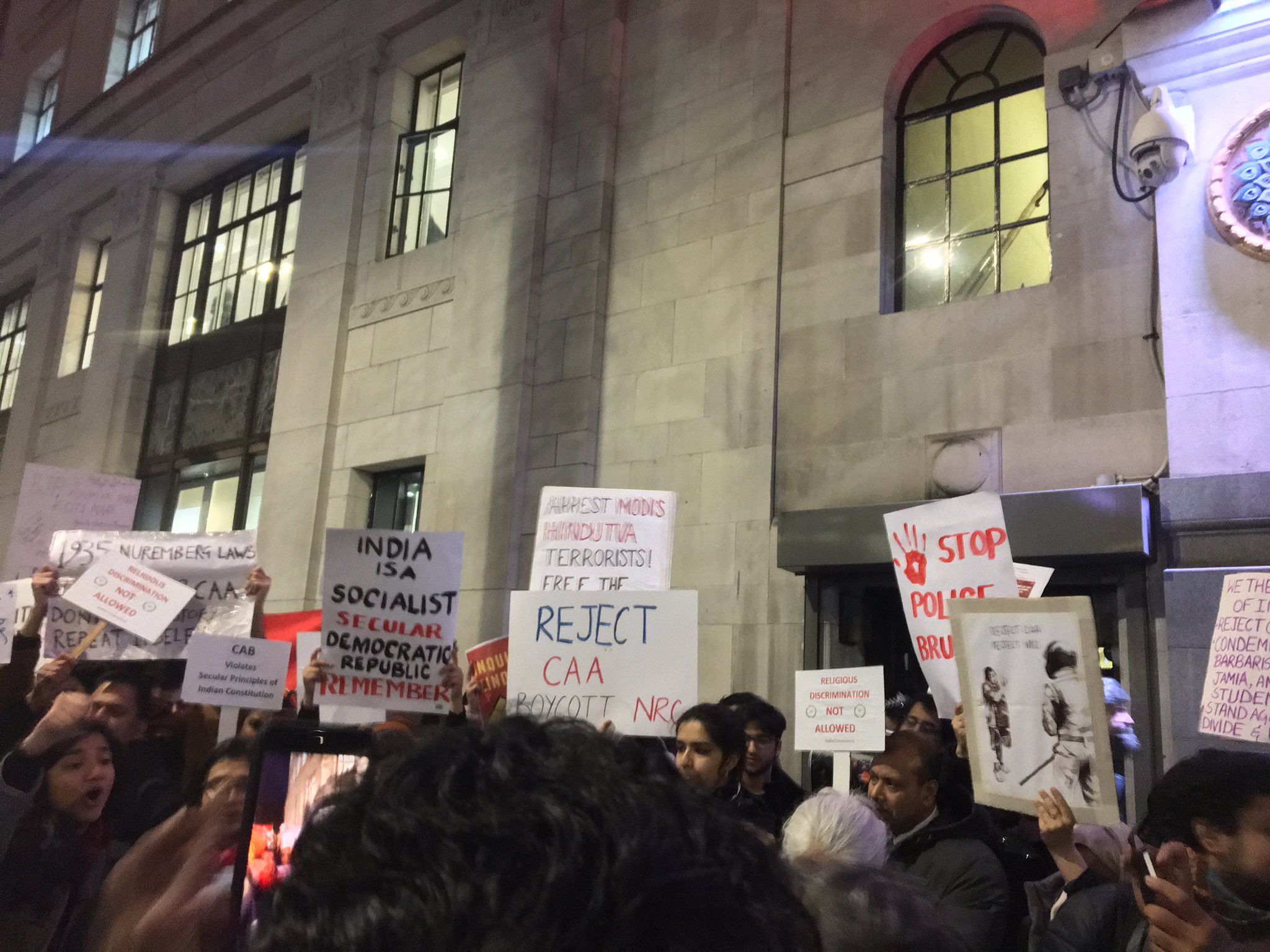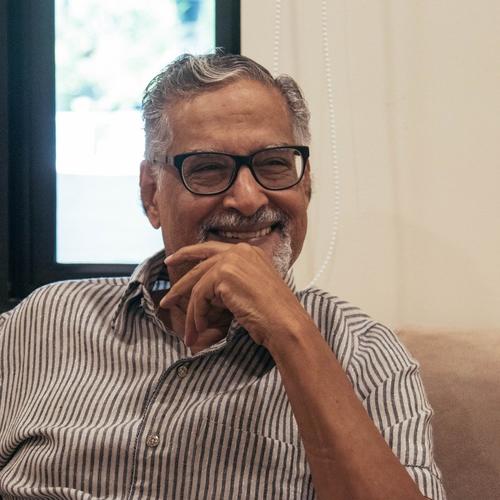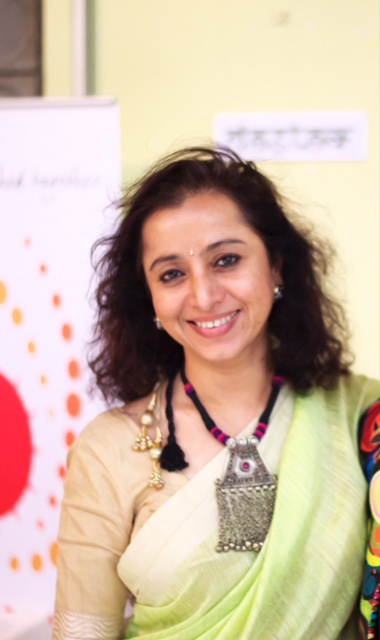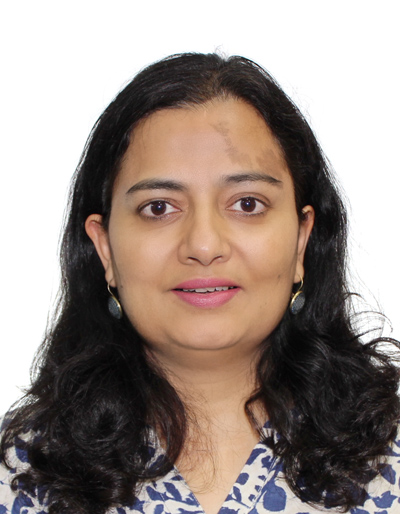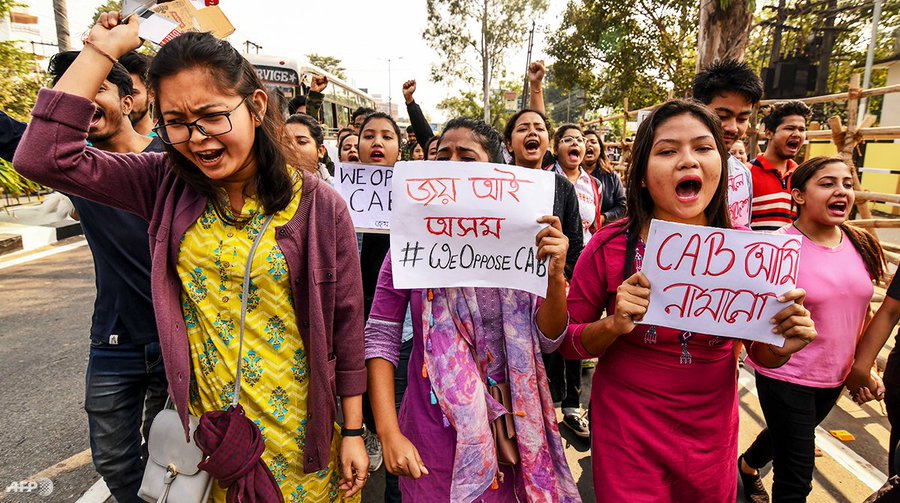The BJP government’s Citizenship Amendment Act (CAA) controversy has had an extremely divisive effect in India, with Opposition political parties, Northeast tribals and students all voicing their objections.
The situation has been further exacerbated by acts of violence by protesters and police alike, leading to accusations and counter-accusations about who is responsible. The Supreme Court of India issued a notice to the Centre on 60 petitions challenging the contentious law on Wednesday.
The ripples from the passing of the CAA have extended beyond the nation’s borders to affect Indians abroad. Connected to India asked members of the Indian diaspora about their impressions of the amendment.
Our questions generated reactions from both sides of the fence, highlighting the complexities of the issue as well as the diverse ways in which Indians living abroad have understood the Act and its ramifications. While the overall reaction to the CAA among Indians abroad seems to be favourable, with many hailing it as a ‘humanitarian measure’, there are those who believe the Act runs counter to the ethos of Indian secularism.
"On the face of it, the law is discriminatory. To say Muslims from Pakistan, Afghanistan and Bangladesh won’t be given citizenship is just untenable in a country that has prided itself on being a secular nation. One can’t dismiss the notion that under BJP, India is moving more and more towards a Hindu nation. This does not mean well for the fabric of India," said veteran Singaporean journalist and editor PN Balji.
On the other hand, Shalaka Ranadive, who is one of India’s premier TV actresses from the 90s and founded her own theatre company in Singapore, WeCanDoit, expressed her support for the amendment, saying the real agenda of the CAA is not against any religion and in fact protects Indians and all religions, including Indian muslims.
She said those who opposed the legislation were not aware why it had been passed.
“The refugees who will be offered citizenship are the ones who have been persecuted (by India’s neighbouring countries) and had no option but to flee and seek shelter in India. For years they've been living in refugee camps and haven't been given any status. By passing this act we will be validating their existence on humanitarian grounds,” Shalaka said.
The CAA calls for relaxing the naturalisation provisions for non-Muslim immigrants from India's three Muslim-majority neighbours — Pakistan, Bangladesh and Afghanistan.
IIT graduate and Founder and Investor of U2USystems Ritu Jain stated the CAA is “here to stay and is completely Constitutional”.
She also said that India under the leadership of Prime Minister Modi had taken a positive step for humanity to provide refugees with a national identity.
“In my view, when human capital is integral to this planet, governments identifying human beings as refugees is a black spot for humanity,” she said, adding, “The Citizenship Amendment Act has been implemented through a process laid down in the Constitution of India where it got approval from both houses of parliament and was signed by the President of India.”
She also stated that while peaceful discussions and protests against the CAA were a way to resolve any views against it, riots and destruction of property had to be completely condemned.
When asked whether the CAA would potentially impact Indians abroad when they travel to Islamic countries, she said, “An impact on potential travel to Islamic countries might be a possibility but one has to be prepared for it as part of one’s identity. The decision has already been taken through one’s birth in a family/country.”
Nida Farooqui, an Indian professional living in Singapore, has been avidly following the ongoing developments with the CAA, and expressed her concern for family and friends who are living in India.
According to her, the CAA is fundamentally discriminatory and unconstitutional.
“It is arbitrary because it excludes refugees from other neighbouring countries like Tibet, Nepal, Sri Lanka and Myanmar. It violates the Constitution because it discriminates on the basis of religion, specifically focused on Muslim majority neighbouring countries, specifically excluding Muslims from these nations from refugee status” she said.
She also pointed out that the Act, in conjunction with the proposed nationwide National Registry of Citizens (NRC) created the foundation for long term discrimination against almost 200 million Muslims in India.
“The Home Minister has made his intentions very clear in a couple of his speeches so there is no doubt as to their intention,” Farooqui stated, claiming that “the CAA is a very superficial bill that seems to have been intentionally created to probably further a fascist agenda and divert the attention of the public from more important governmental failures on economic, education, job creation, farmer suicides and security of women among others.”
The top levels of the Indian government have remained unwaveringly in favour of the CAA despite a growing swell of unrest and outspoken protests in India and abroad.
Indian Home Minister Amit Shah, the architect of the Act, repeated his stance that the CAA was not anti-minority and blamed the Opposition parties for misleading the public, while Prime Minister Narendra Modi urged students not to be taken advantage of by political parties who were using them to further a sinister agenda.
Another Indian expat, who wished to remain anonymous, felt the CAA was a step in the right direction and that there was nothing wrong for a country to be specific in addressing the challenges faced by minority sections of its neighbours.
“This is being made a religious issue but it’s not. The optics may look like that but the decision is rational and justified. And the sad part is people, with the support of political parties, are creating this mess while the Act doesn’t in any way impact Indian citizens,” he said, adding that the government needs to stay firm on the issue and not confuse secularism with appeasement.
Opposition to the Act has spread under two different points; while student protesters, major opposition parties in West Bengal, Kerala and New Delhi are protesting that the Act is unconstitutional, protesters in the northeast stated they fear that the Act will dilute the demographics in their region and weaken the rights granted to their communities.
The Indian government has launched a massive campaign to clear up ‘myths’ about the CAA, and positive responses from the diaspora show it seems to have had an effect.
Director at computer components distributor Taurine International Pte Ltd Hari Jindal felt there was nothing wrong with the CAA and that all countries have preferences and criteria to legalise citizens. “The Indian government is trying to legalise the status of some of the people. Although it has been projected that a certain community is being excluded, I don't think that's the case.”
Read more NRI News and India News here

